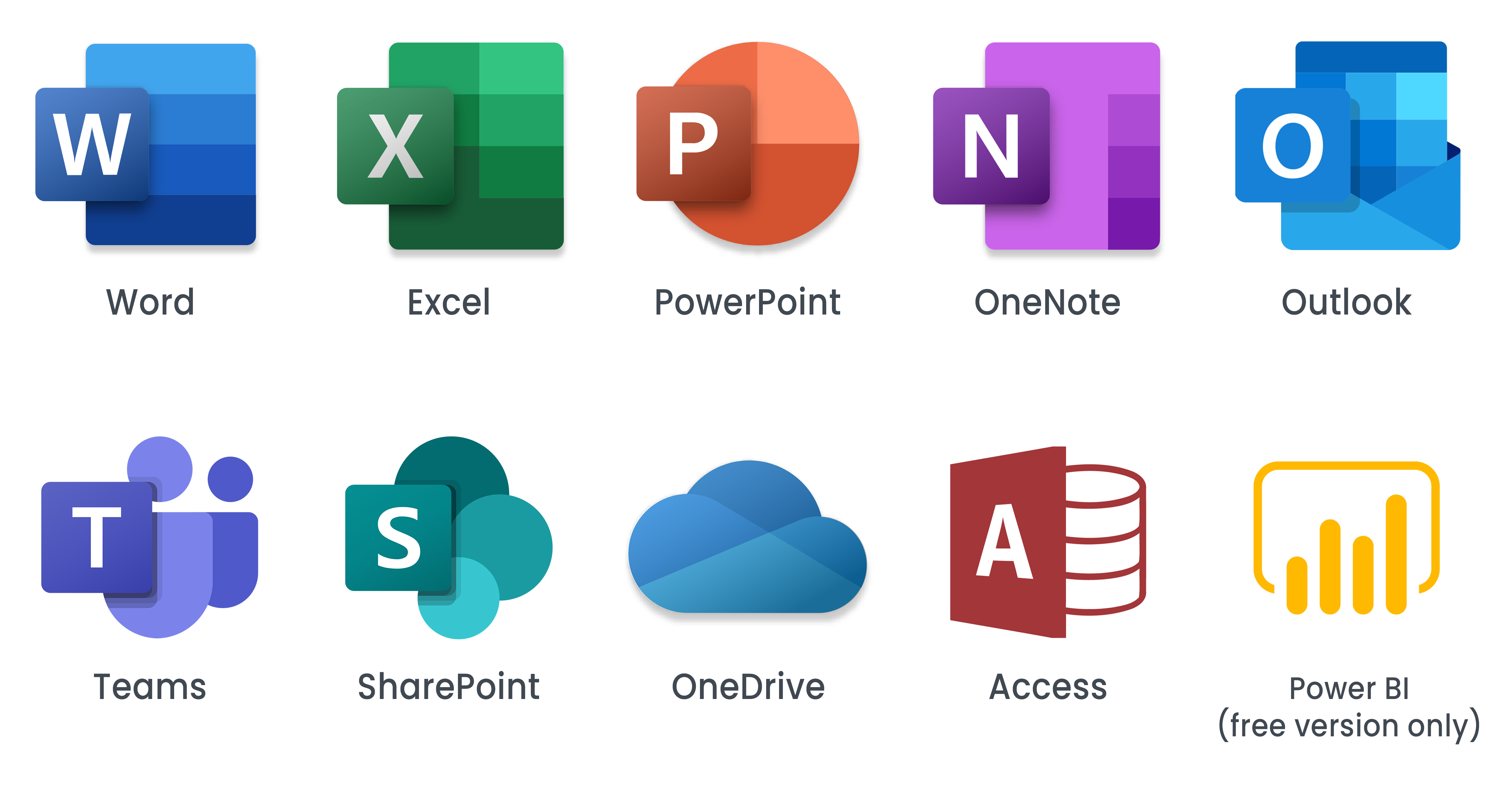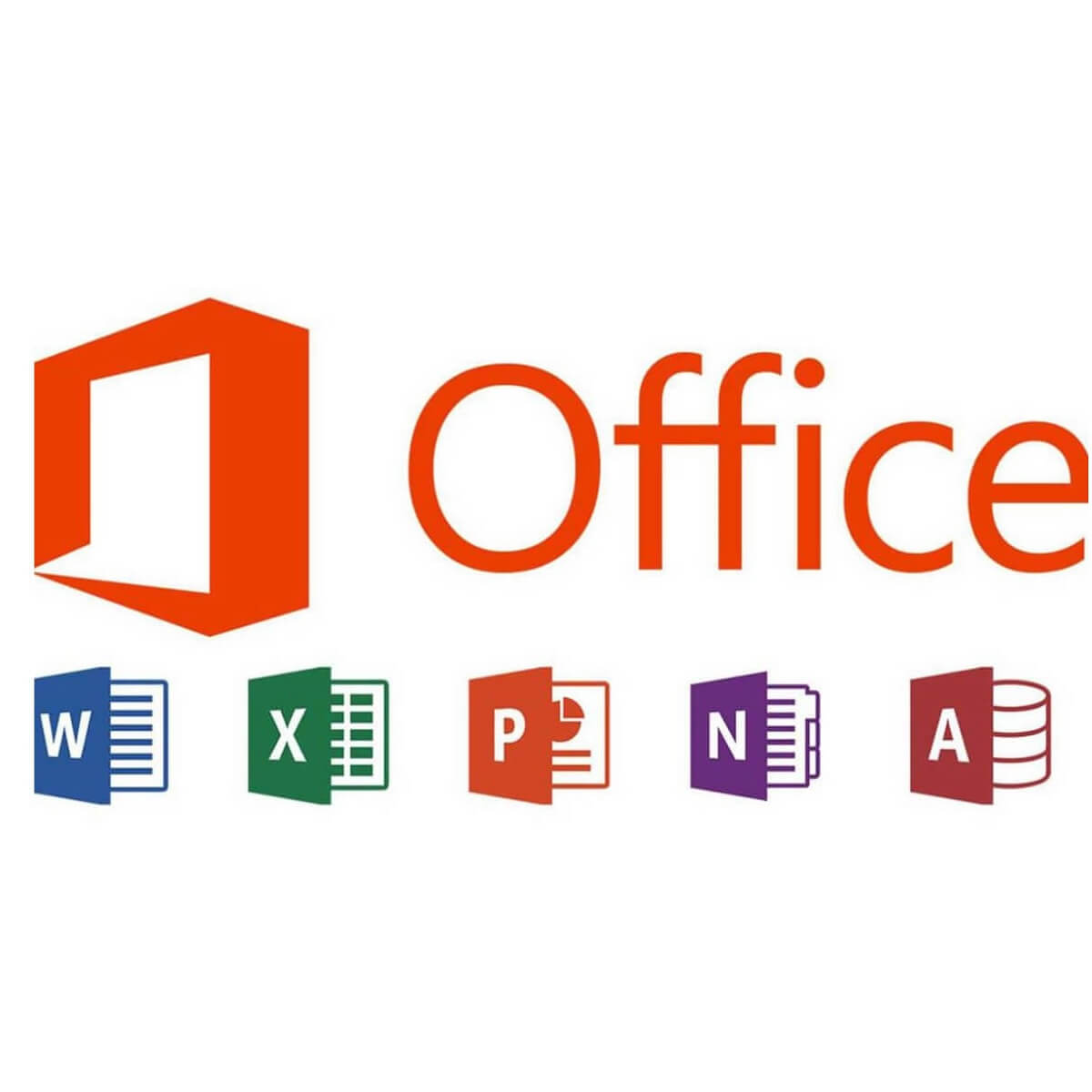The Office of Hawaiian Affairs, often called OHA, plays a truly important role in Hawaii's unique story. It's a special public trust institution, created to help improve the well-being of Native Hawaiians. This organization works tirelessly to address historical issues and to build a better future for the people of Hawaii, you know, especially those with deep roots in the islands.
For many folks, the idea of an organization dedicated solely to the Native Hawaiian people might seem a bit different. Yet, it reflects a long history, one filled with both struggle and incredible strength. OHA stands as a symbol of self-determination, trying to make things right for a community that has faced so many challenges over time, very much so.
So, if you've ever wondered about the history of Hawaii, or about the efforts to keep its culture alive, learning about the Office of Hawaiian Affairs is a pretty good place to start. It's a key part of understanding the islands beyond just the beautiful beaches and tourist spots. It really is, in a way, the heartbeat of an ongoing movement.
- Devin Gibson Website Your Trusted Source For Tech Insights
- What Is Dark Soy Sauce
- Jay Shetty A Journey Of Inspiration Growth And Meaning
- Portable Air Conditioner Costco
- Guthrie Robert Packer Hospital
Table of Contents
- What is the Office of Hawaiian Affairs?
- Why Was OHA Created? A Look at History
- OHA's Mission and Core Goals
- Key Areas of Work: How OHA Serves Its People
- How OHA Operates: Its Structure
- Challenges and the Path Ahead
- Making an Impact: OHA's Achievements
- Connecting with OHA: How You Can Learn More
- Frequently Asked Questions About OHA
- Looking to the Future with OHA
What is the Office of Hawaiian Affairs?
The Office of Hawaiian Affairs, often simply called OHA, is a state agency and public trust in Hawaii. It was established by the 1978 Hawaii State Constitutional Convention. Its main job is to serve as an advocate for the betterment of Native Hawaiians. It also manages a trust fund set aside for their benefit, that is.
This organization is quite distinct from other government bodies. It has a special responsibility to look after the interests of the indigenous people of Hawaii. You know, it's about making sure their voices are heard and their needs are met, more or less.
As of late 2024, OHA continues its work, adapting to new challenges and opportunities. Its very existence represents a commitment to addressing historical wrongs and supporting a vibrant future for Native Hawaiians, very much so.
- Understanding Lindberg Mescudi The Life And Legacy Of Kid A Guide To His Music Impact And Enduring Influence
- Unveiling Natalie Imbruglias Family Legacy The Influence Of Elliot And Maxene
- Bill Gafner Exploring Height Weight Net Worth And The Journey Of Age
- Ray Stevenson Height Weight Net Worth Age And Birthday A Detailed Profile
- Unmasking The Enigma The Real Name Behind Jumpsuit Pablo
Why Was OHA Created? A Look at History
The creation of OHA comes from a long and complex history. It's tied to the overthrow of the Hawaiian Kingdom in 1893 and the subsequent annexation of Hawaii by the United States. When Hawaii became a state in 1959, a significant amount of land, known as "ceded lands," was transferred to the state government, you see.
These ceded lands were originally crown lands and government lands of the Hawaiian Kingdom. Many Native Hawaiians felt that these lands, and the income from them, should benefit the indigenous people. This feeling, frankly, led to much discussion and advocacy over the years.
So, the 1978 Constitutional Convention decided to create OHA. This was a way to ensure that a portion of the revenues from these ceded lands would go directly to Native Hawaiian programs and services. It was, in a way, a step towards correcting historical injustices and giving Native Hawaiians a say in their own future, a pretty big step, actually.
OHA's Mission and Core Goals
The mission of the Office of Hawaiian Affairs is pretty clear: to better the conditions of Native Hawaiians. This isn't just a simple statement; it guides everything OHA does. They work to improve the lives of Native Hawaiians in many different ways, you know, across many aspects of life.
Their core goals include things like strengthening Native Hawaiian identity and culture. They also aim to promote economic self-sufficiency for Hawaiian families and communities. It's about empowering people to thrive on their own terms, that is.
OHA also works to protect and manage natural and cultural resources. This includes land, water, and sacred sites. They strive to ensure these resources are available for future generations of Hawaiians, too, which is a big responsibility.
Key Areas of Work: How OHA Serves Its People
OHA's work covers a lot of ground, addressing the diverse needs of the Native Hawaiian community. They have programs and initiatives spread across several important areas. It's a very comprehensive approach, you know, to supporting a whole people.
Land and Water Protection
Protecting Hawaii's precious land and water is a big part of OHA's efforts. They advocate for responsible resource management and work to secure Native Hawaiian access to traditional gathering places. This work, frankly, helps keep cultural practices alive.
They also get involved in issues related to ceded lands, making sure the state lives up to its obligations. It's about making sure that the resources that belong to the people are used wisely and fairly, more or less, for everyone.
OHA also supports efforts to restore traditional Hawaiian land management practices. These practices, you know, often promote sustainability and a deep connection to the 'āina, the land, which is pretty important.
Cultural Preservation and Revitalization
Keeping Hawaiian culture alive and strong is central to OHA's purpose. They support programs that teach Hawaiian language, hula, music, and traditional arts. This helps to ensure that these vital parts of identity are passed down, too, from one generation to the next.
They also fund efforts to preserve historical sites and sacred places. These places, you know, hold so much meaning for the Hawaiian people. Protecting them is about honoring the past and securing cultural heritage, basically.
OHA's work in this area really helps to strengthen the sense of belonging and pride within the Native Hawaiian community. It's about keeping the spirit of Hawaii vibrant and alive, very much so.
Education and Youth Programs
Education is a powerful tool for community betterment, and OHA knows this well. They offer scholarships to Native Hawaiian students pursuing higher education. This helps remove financial barriers and encourages academic success, you know, for so many young people.
They also support various youth programs that focus on cultural education, leadership development, and career readiness. These programs aim to prepare the next generation of Hawaiian leaders, basically, for the future.
By investing in education, OHA helps to build a stronger, more knowledgeable Native Hawaiian workforce and community. It's a pretty big investment in the future, you see.
Health and Wellness Initiatives
The health of Native Hawaiians is another key focus for OHA. They support programs that address health disparities and promote traditional Hawaiian healing practices. This includes things like access to good healthcare and healthy lifestyle choices, you know, for families.
They also work to raise awareness about specific health challenges faced by the community. It's about making sure people have the information and resources they need to live long, healthy lives, that is.
These initiatives aim to improve the overall well-being of Native Hawaiians, both physically and mentally. It's about supporting a healthy and happy community, too, which is so vital.
Affordable Housing Solutions
Finding affordable housing in Hawaii can be a real struggle for many families, including Native Hawaiians. OHA works on initiatives to help address this issue. They support programs that aim to increase access to stable and affordable homes, you know, for those who need it.
This might involve working with housing developers or advocating for policies that make housing more accessible. It's about creating opportunities for families to have a safe and secure place to live, basically.
Having stable housing is pretty fundamental to a family's well-being, and OHA's efforts here make a tangible difference. It really does help to build stronger communities, you see.
Economic Growth for Hawaiian Businesses
Supporting economic self-sufficiency is a big part of OHA's vision. They provide resources and assistance to Native Hawaiian businesses and entrepreneurs. This helps create jobs and strengthens the local economy, you know, in a very direct way.
They might offer grants, training, or business development support. It's about empowering individuals and communities to build their own economic futures, that is, which is so important for independence.
By fostering economic growth, OHA helps Native Hawaiians achieve greater financial stability and independence. It's about creating opportunities for prosperity, too, for everyone.
Advocacy for Native Hawaiian Rights
OHA serves as a strong voice for Native Hawaiians in various forums. They advocate for legislative changes and policies that protect Native Hawaiian rights and resources. This includes standing up for self-determination and cultural practices, you know, in government spaces.
They work with local, state, and federal governments to ensure that the interests of Native Hawaiians are considered. It's about making sure the community has a say in decisions that affect their lives, that is.
This advocacy work is pretty crucial for advancing the overall well-being and sovereignty of the Native Hawaiian people. It's about ensuring their future is shaped by their own hands, basically.
How OHA Operates: Its Structure
The Office of Hawaiian Affairs is governed by a Board of Trustees. These trustees are elected by Native Hawaiian voters. This structure ensures that the organization remains accountable to the community it serves, you know, in a very direct way.
The Board sets the policies and strategic direction for OHA. They make important decisions about how the trust fund is managed and where resources are allocated. It's a big responsibility, that is, guiding the organization's efforts.
OHA also has an administrative staff that carries out the day-to-day operations and implements the Board's decisions. This team works directly on programs and services, bringing OHA's mission to life, very much so.
The organization is funded primarily by a portion of the revenues generated from the ceded lands. This funding mechanism, you know, is unique and ties OHA directly to its historical origins and purpose.
Challenges and the Path Ahead
Like any organization with a big mission, OHA faces its share of challenges. These can include political disagreements, funding issues, and the complex nature of addressing historical grievances. It's not always an easy path, you see, but they keep going.
There are ongoing discussions about the best ways to achieve Native Hawaiian self-determination. This involves many different viewpoints within the community itself. Finding common ground, frankly, can take time and effort.
Despite these hurdles, OHA continues to work towards its goals. They look for new opportunities to collaborate and to make a positive impact. The path ahead is long, but the commitment to the Native Hawaiian people remains strong, very strong, actually.
Making an Impact: OHA's Achievements
Over the years, OHA has made many significant contributions to the Native Hawaiian community. They have provided millions of dollars in scholarships, helping countless students achieve their educational dreams. This has opened so many doors, you know, for individuals and families.
They have also been instrumental in protecting important cultural sites and advocating for land and water rights. Their efforts have helped preserve sacred places and ensure traditional practices can continue. It's a pretty big win for cultural heritage, that is.
OHA has supported numerous community programs, from health initiatives to economic development projects. These programs have touched the lives of many Native Hawaiians, providing vital services and opportunities. Their impact, frankly, is felt across the islands.
They also play a crucial role in raising awareness about Native Hawaiian issues on a broader scale. By educating the public and advocating for change, OHA helps to shape a more just and equitable future for all of Hawaii, very much so.
Connecting with OHA: How You Can Learn More
If you're interested in learning more about the Office of Hawaiian Affairs and its work, there are several ways to connect. Their official website is a great place to start, offering detailed information about their programs, initiatives, and history. You can find out more about their efforts by visiting their site at oha.org.
You can also attend public meetings or community events hosted by OHA. These gatherings provide opportunities to hear directly from the Board of Trustees and staff. It's a pretty good way to stay informed and to even share your own thoughts, you know, on important matters.
Furthermore, staying updated through their newsletters or social media channels can keep you in the loop about recent developments and ongoing projects. Learn more about Native Hawaiian culture on our site, and link to this page about community initiatives to see how you can get involved.
Frequently Asked Questions About OHA
People often have questions about the Office of Hawaiian Affairs. Here are a few common ones, that is, to help clear things up.
What is the purpose of the Office of Hawaiian Affairs?
The main purpose of OHA is to better the conditions of Native Hawaiians. This means advocating for their well-being, managing a trust fund for their benefit, and working to preserve their culture, land, and resources. It's about supporting the indigenous people of Hawaii in many ways, you know.
Who funds the Office of Hawaiian Affairs?
OHA is primarily funded by a portion of the revenues generated from the "ceded lands." These are lands that were once part of the Hawaiian Kingdom and were transferred to the state upon statehood. This unique funding source ties OHA directly to its historical roots and mission, very much so.
What are some achievements of OHA?
OHA has achieved many things over the years. They have provided scholarships to thousands of Native Hawaiian students, supported numerous cultural preservation projects, and advocated for important land and water rights. They also fund health, housing, and economic development programs that help communities directly, basically.
Looking to the Future with OHA
The Office of Hawaiian Affairs continues its vital work, looking to a future where Native Hawaiians thrive. Their efforts to honor the past while building a strong tomorrow are ongoing. It's a long journey, you know, but one filled with purpose.
Understanding OHA's role gives us a deeper appreciation for Hawaii's unique heritage and the strength of its people. They are a powerful force for good, trying to make a lasting difference for generations to come, very much so. To learn more or get involved, reach out to OHA directly.
Related Resources:



Detail Author:
- Name : Maddison Gutkowski DVM
- Username : retta05
- Email : schumm.alessandra@thiel.biz
- Birthdate : 1981-02-02
- Address : 92589 Upton Villages South Princessborough, NV 27896-4851
- Phone : 424-706-4537
- Company : Kulas-Fisher
- Job : Private Detective and Investigator
- Bio : Id consequuntur impedit impedit cum et quae. Voluptates unde rem exercitationem cupiditate ea ea iusto. Velit est sint et.
Socials
facebook:
- url : https://facebook.com/vilma_official
- username : vilma_official
- bio : Nesciunt dicta dolorem omnis iusto eius. Autem aut alias earum aliquid.
- followers : 3596
- following : 580
instagram:
- url : https://instagram.com/vilma.kuphal
- username : vilma.kuphal
- bio : Est necessitatibus impedit quis magnam. Et eos suscipit facere. Incidunt et quasi voluptas totam.
- followers : 128
- following : 2553